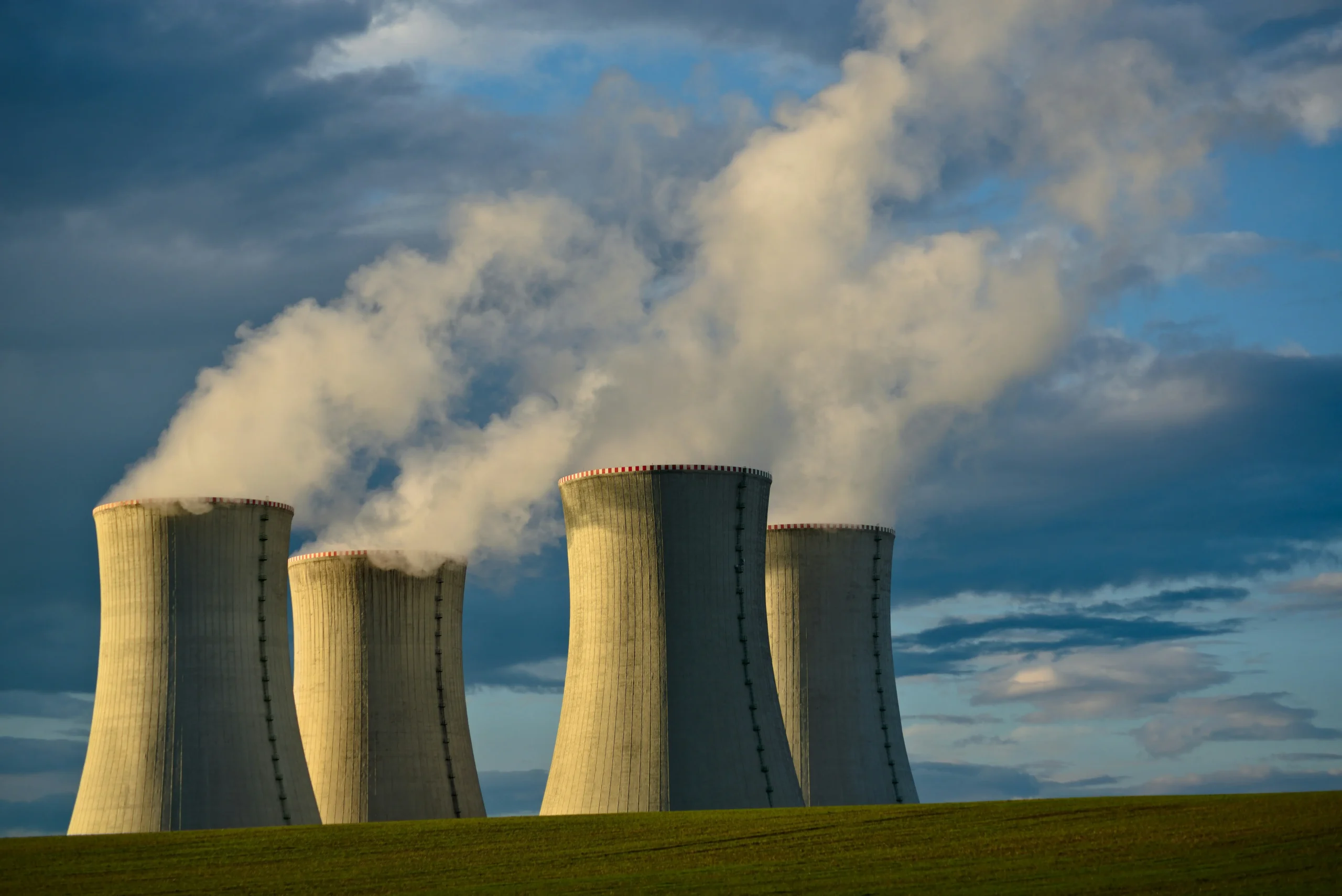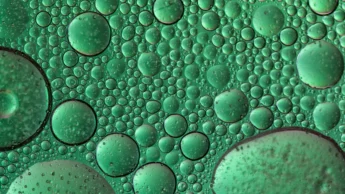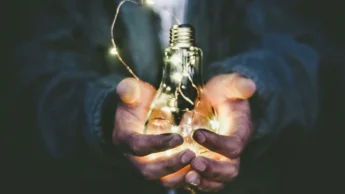Climate neutral by 2050, the government’s ambition. Many renewable energy sources, such as wind, solar and hydrogen, should do their bit to achieve this. But nuclear energy can also make a major contribution to achieving this goal. Therefore, the Dutch government has committed to opening two new nuclear power plants and the current nuclear power plant in Borssele will stay open longer.
An immediate association that nuclear power evokes is that it is harmful to the immediate environment. But why then does the government want to bet on opening two new nuclear power plants?
Do you want your innovation to make it easier to meet ESG targets? Would you like to develop your idea in collaboration with Beeliners? We would love to help you! Feel free to drop by for a cup of coffee and we will be happy to discuss the possibilities with you.
Why nuclear power?
By moving away from fossil energy, electricity will become the main form of energy. Think, for example, of the sharp increase in plug-in cars and heat pumps. It is difficult to say how much electricity we will need, but it is clear that the supply will have to grow substantially to meet demand.
Nuclear power is a good complement to solar and wind energy sources. This is because nuclear power is also produced CO2-free. The supply does not depend on weather conditions and is therefore very constant. Another big advantage of nuclear power is that a plant delivers a relatively large amount of energy while requiring little space.

Safety
Nuclear energy is generated by fission of uranium atomic nuclei, which releases energy. This process generates radioactive waste, including waste from uranium mining, spent fuel from nuclear power plants and demolition materials after plant closure. In the Netherlands, this radioactive waste is safely stored above ground in special facilities at COVRA. A small part of this waste is highly radioactive and needs to be transferred to deep underground storage facilities after 100 years of storage at COVRA, by the year 2130. Until then, there is sufficient space at COVRA to store the radioactive waste centrally.
Although the consequences of an accident can be significant, the risk is extremely low and a high level of safety is maintained thanks to adequate supervision by the independent Nuclear Safety and Radiation Protection Authority (ANVS). The government is strongly committed to ensuring that nuclear safety and radiation protection for both local residents and the rest of the Netherlands meet the highest standards. The ANVS ensures that these standards are met and that nuclear safety and radiation protection are safeguarded in the implementation of the cabinet’s plans.
Immediate environment
Although nuclear power plants do not take up much physical space, they do have significant impact on their immediate surroundings. This may be due, for example, to the necessary connections to the national high-voltage grid and the various access routes required during both construction and operation of the plant. They also bring high-quality employment opportunities, which can lead to economic growth and improve liveability in the region. To properly represent the interests of the local and regional community, a dialogue will be initiated with residents and stakeholders in the area. In the process, the conditions for realisation and operation will be carefully examined and considered.
Requirements
Setting up a nuclear power plant typically requires about 10 years of construction time, preceded by several years of intensive preparation. This preparatory phase includes various activities, such as site surveys, technical analyses, environmental impact assessments, licensing procedures, procurement processes and financial planning. It is therefore crucial to make a well-considered decision before construction begins and then maintain this course. Moreover, building a nuclear power plant involves significant costs.
Although the exact amount is difficult to predict, it is clear that due to the high investment costs, an active role of the government is necessary to ease the financing burden on private parties and keep the final energy costs affordable for consumers.
Nuclear power generation then requires raw materials, both for the construction of the nuclear power plant itself and for energy production. In particular, uranium is used as fuel. Recently, the situation in Ukraine has shown how raw materials can be used as a political tool and how risky it can be to depend on a single country.
Fortunately, there is currently sufficient uranium supply worldwide, and there are several suppliers, so there is no monopoly position. This significantly limits geopolitical risks related to nuclear power. Moreover, uranium can be safely stored for a long time without significant risk of quality loss, allowing for long-term stockpiling.
Pros and cons weighed up
To meet climate targets, we are expanding existing CO2-free energy sources, developing new technologies and gradually reducing the use of fossil fuels wherever possible. At the same time, we see an increasing demand for electricity in the coming years. This calls for a well-balanced energy mix of various sources that complement each other and together ensure reliable energy supply and a stable, diverse system. Nuclear energy plays an important role here as a complement to variable, weather-dependent sources such as solar and wind.
On the other hand, however, nuclear energy involves highly radioactive nuclear waste. In the Netherlands, this waste is stored above ground for at least 100 years, with some remaining radioactive after this period and will eventually be placed in deep underground storage. Moreover, the Netherlands depends on foreign countries for the raw materials for nuclear power plants, including uranium, whose supply is finite. Thus, nuclear power is not a renewable energy source. Finally, the consequences of an accident could be significant, although the probability of this happening is very low and a high level of safety is maintained thanks to adequate supervision by the ANVS.
In balancing these arguments, the government’s position is that given the increasing demand for electricity and green hydrogen in the second half of the next decade, we cannot afford to ignore carbon-free options. Nuclear power represents an important, stable addition to the energy mix for the foreseeable future.
Working on your ESG-innovation together with Beeliners
Do you have a good idea for a product, service, process or technological innovation that makes it easier to achieve ESG goals? And would you like to develop your idea in collaboration with Beeliners? Beeliners has an innovation cell dedicated to innovations in energy and heating systems. Feel free to drop by for a cup of coffee and we will be happy to discuss the possibilities with you.
Also interesting
-

How will the production of green gas be encouraged?
In an era when the world is paying increasing attention to renewable energy sources, green gas is a promising alternative that has the potential to reduce our dependence on fossil fuels. Green gas, also known as biomethane, is produced from organic material such as green waste, sewage sludge, or even… Read More
-

What is bio-energy?
In an era when the urgency of renewable energy sources is becoming increasingly prominent, bioenergy takes centre stage as a promising and environmentally friendly solution. This renewable form of energy, derived from biological sources such as plants, offers a range of possibilities for reducing our dependence on fossil fuels and… Read More
-

This will encourage the use of renewable energy
In a world where the calls for sustainability and environmental awareness are getting louder, the use of renewable energy sources is central to the fight against climate change. While individual efforts by citizens and businesses play an important role, a crucial responsibility rests on governments worldwide to accelerate the transition… Read More

